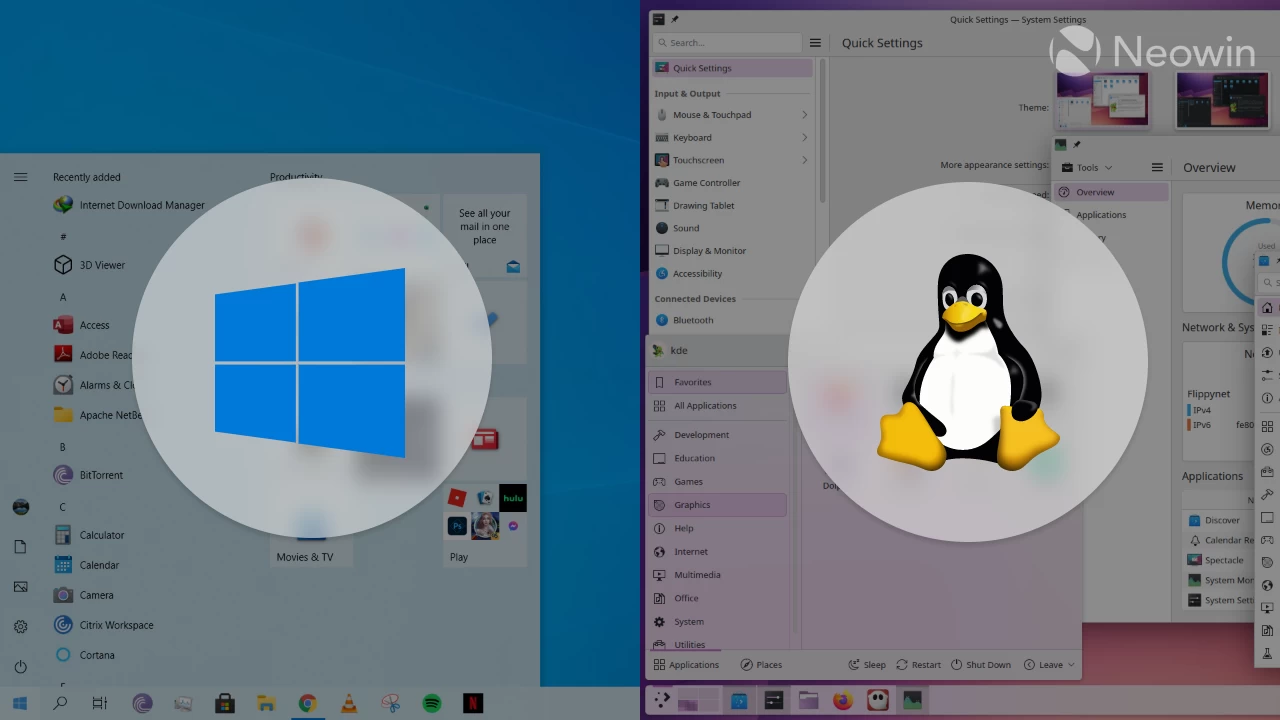Recent reports indicate that several popular Windows anti-virus software programs are flagging legitimate Linux ISO files as potential malware. This issue affects users who download these operating system images for installation or testing purposes. The false positives have raised concerns among the Linux community and prompted discussions about the underlying causes and potential solutions.
Understanding the Issue
The phenomenon of Windows anti-virus tools incorrectly identifying Linux ISOs as viruses is not new. Users have frequently encountered alerts from software such as Windows Defender and Malwarebytes when attempting to download or open these files. These alerts can be alarming, especially for those who are not well-versed in cybersecurity. The reason for these detections often lies in the way anti-virus software analyzes files.
Many anti-virus programs employ heuristic analysis, a method that evaluates the behavior and characteristics of files to determine if they are malicious. Since Linux ISOs may contain executable files and scripts, the software may misinterpret them as harmful based on their structure or content. This is particularly true for ISOs that are not widely recognized or have not been previously verified by the anti-virus vendors.
What Users Can Do
If you encounter a false positive while downloading a Linux ISO, there are several steps you can take to mitigate the issue. Firstly, ensure that you are obtaining the ISO from a trusted source. Official distributions, such as those from Ubuntu or Fedora, are less likely to trigger these warnings because they are widely recognized and regularly updated.
In addition, consider temporarily disabling your anti-virus software during the download and installation process. While this approach may expose your system to potential threats, it can be a viable option if you are confident in the source of the ISO. After completing the installation, remember to re-enable your anti-virus protection to maintain system security.
Moreover, reporting false positives to the anti-virus vendor can help improve their detection algorithms. Vendors like Microsoft and Malwarebytes rely on user feedback to fine-tune their software, thus reducing similar occurrences in the future. Providing detailed information about the ISO file and the context of the false positive can assist in expediting the resolution.
It is crucial to stay informed about updates from your anti-virus software provider. Regular updates often include improvements to detection capabilities and may address specific issues related to Linux ISOs. By ensuring that your software is up-to-date, you can minimize the likelihood of encountering similar problems.
In conclusion, while the flagging of Linux ISOs as malware by Windows anti-virus software can be frustrating, understanding the underlying reasons and taking appropriate actions can help users navigate this challenge effectively. As the landscape of cybersecurity continues to evolve, both users and software developers must collaborate to enhance the safety and integrity of digital environments.
